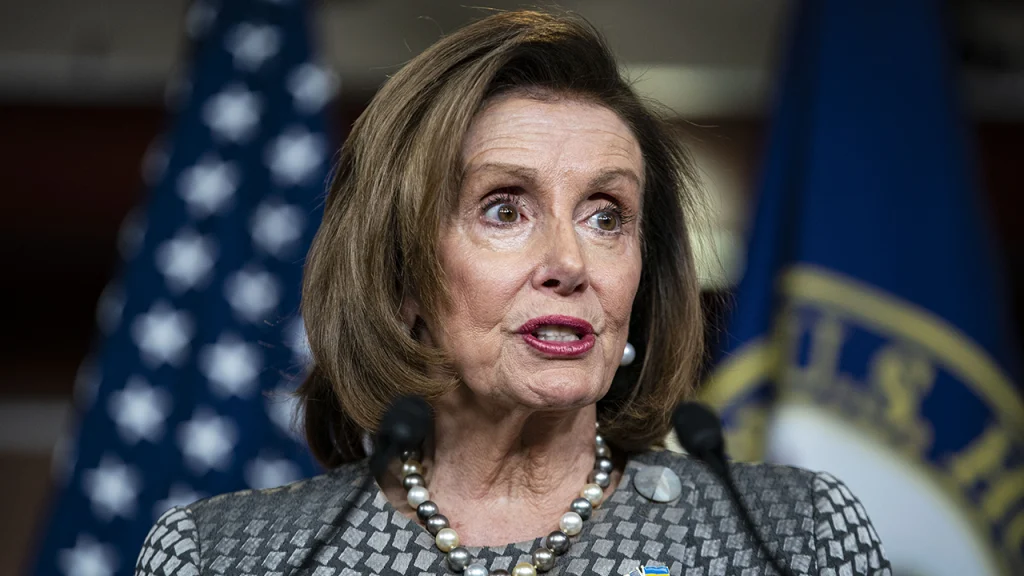Federal Justice Department Warns California Officials Against Interfering with Immigration Enforcement
In a stern rebuke to top California officials, U.S. Deputy Attorney General Todd Blanche issued a formal warning letter Thursday addressing potential threats to arrest or impede federal immigration officers. The letter, directed to Governor Gavin Newsom, State Attorney General Rob Bonta, Representative Nancy Pelosi, and San Francisco District Attorney Brooke Jenkins, emphasized that federal agents are performing legal duties and that any interference would be both “illegal and futile.” This unusual federal-state confrontation highlights the growing tensions over immigration enforcement policies under the new administration, with Blanche making clear that federal law enforcement authority supersedes state objections in this domain.
The Justice Department’s warning came in direct response to statements made by former House Speaker Pelosi and Representative Kevin Mullin the previous day. The California Democrats had characterized planned immigration operations in the Bay Area as “an appalling abuse of law enforcement power” and suggested federal agents could face arrest if they violated California laws. Their statement contained a particularly pointed warning that federal agents acting on presidential orders would not be protected by the presidential immunity recently affirmed by the Supreme Court, implying they could face legal consequences. Pelosi and Mullin further expressed solidarity with immigrants, describing them as “patriotic” people who represent “the constant reinvigoration of America”—language that frames their position as defending vulnerable communities rather than opposing law enforcement.
Deputy Attorney General Blanche’s response was equally forceful, making public his reply on social media with the unambiguous message: “Stand down or face prosecution. No one threatens our agents. No one will stop us from Making America Safe Again.” This language mirrors campaign rhetoric and signals the administration’s determination to assert federal authority in immigration enforcement regardless of local or state resistance. The Justice Department’s position rests on solid constitutional ground—the Supremacy Clause establishes that federal law takes precedence over state law when conflicts arise, particularly in matters concerning federal agents performing their official duties under federal statutes.
The letter itself delves into specific legal foundations for the federal position, citing multiple federal statutes that criminalize assaulting, impeding, or conspiring against federal officers. This legal framework creates potential criminal liability for state officials who might attempt to interfere with federal immigration operations. In a particularly significant escalation, Blanche directed California leaders to preserve all communications related to any plans to impede federal agents—a standard preliminary step in anticipation of potential future legal proceedings. This requirement to maintain records suggests the Justice Department is prepared to investigate and potentially prosecute state officials who cross the line from political opposition to actual interference with federal operations.
Beyond the immediate legal warnings, the exchange reveals deeper philosophical divisions about immigration enforcement and federalism. The California officials framed their position as protecting immigrant communities from what they consider overreaching federal enforcement actions, while the Justice Department characterizes their stance as dangerous obstruction of legitimate law enforcement activities aimed at public safety. Blanche’s closing urging that California officials “publicly abandon this apparent criminal conspiracy, to stop threatening law enforcement, and to prioritize the safety of your citizens” reflects the administration’s view that immigration enforcement is fundamentally a public safety issue rather than a humanitarian or civil rights concern as characterized by the California officials.
This high-profile confrontation represents more than just another skirmish in America’s ongoing immigration debates—it signals a potential new chapter in federal-state relations where disagreements over policy priorities could escalate into legal battles over enforcement authority. The situation remains fluid, with Pelosi’s office not having immediately responded to requests for comment on the Justice Department’s warning. How California officials ultimately respond could set important precedents for state resistance to federal immigration policies, while the Justice Department’s willingness to threaten prosecution of state officials marks an aggressive stance in asserting federal supremacy in this contentious policy area. Both sides appear to be calculating not just the legal ramifications but also the political impact of this standoff, recognizing that immigration enforcement remains one of the most divisive and emotionally charged issues in American public life.


